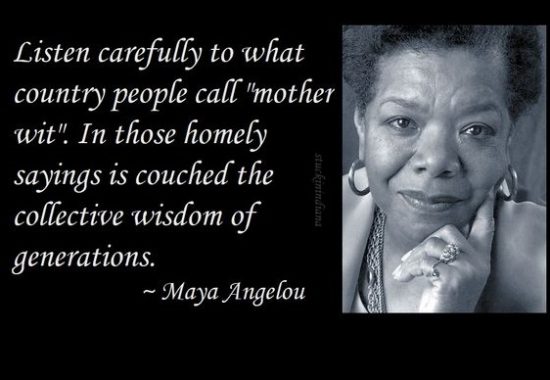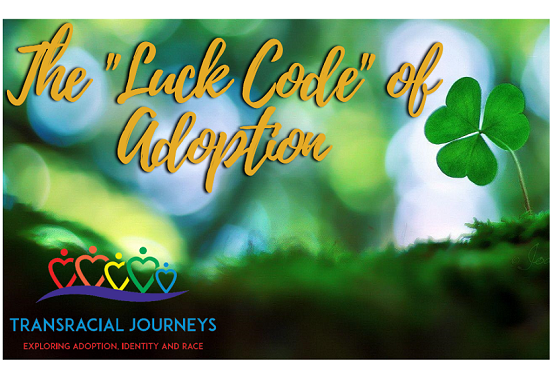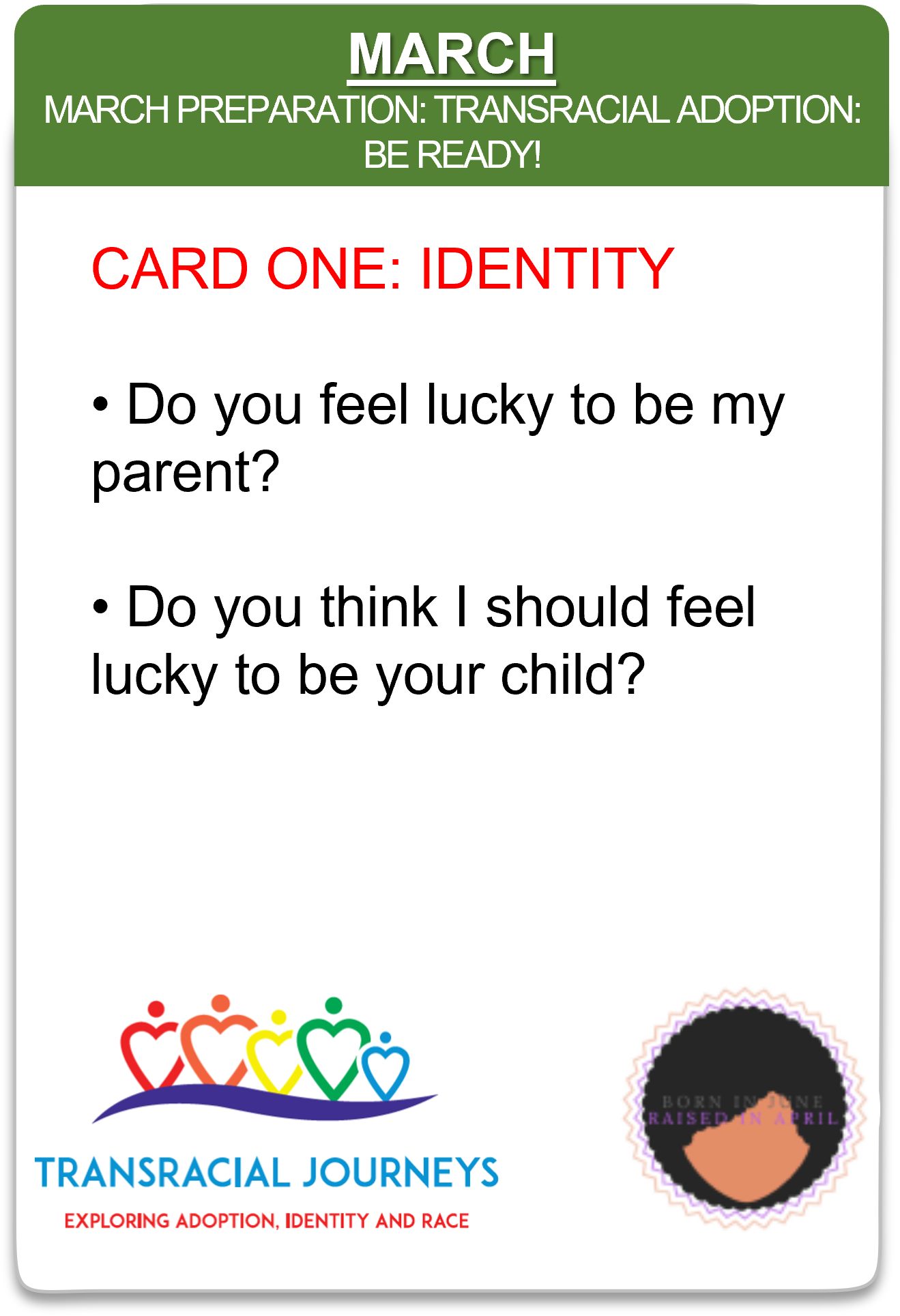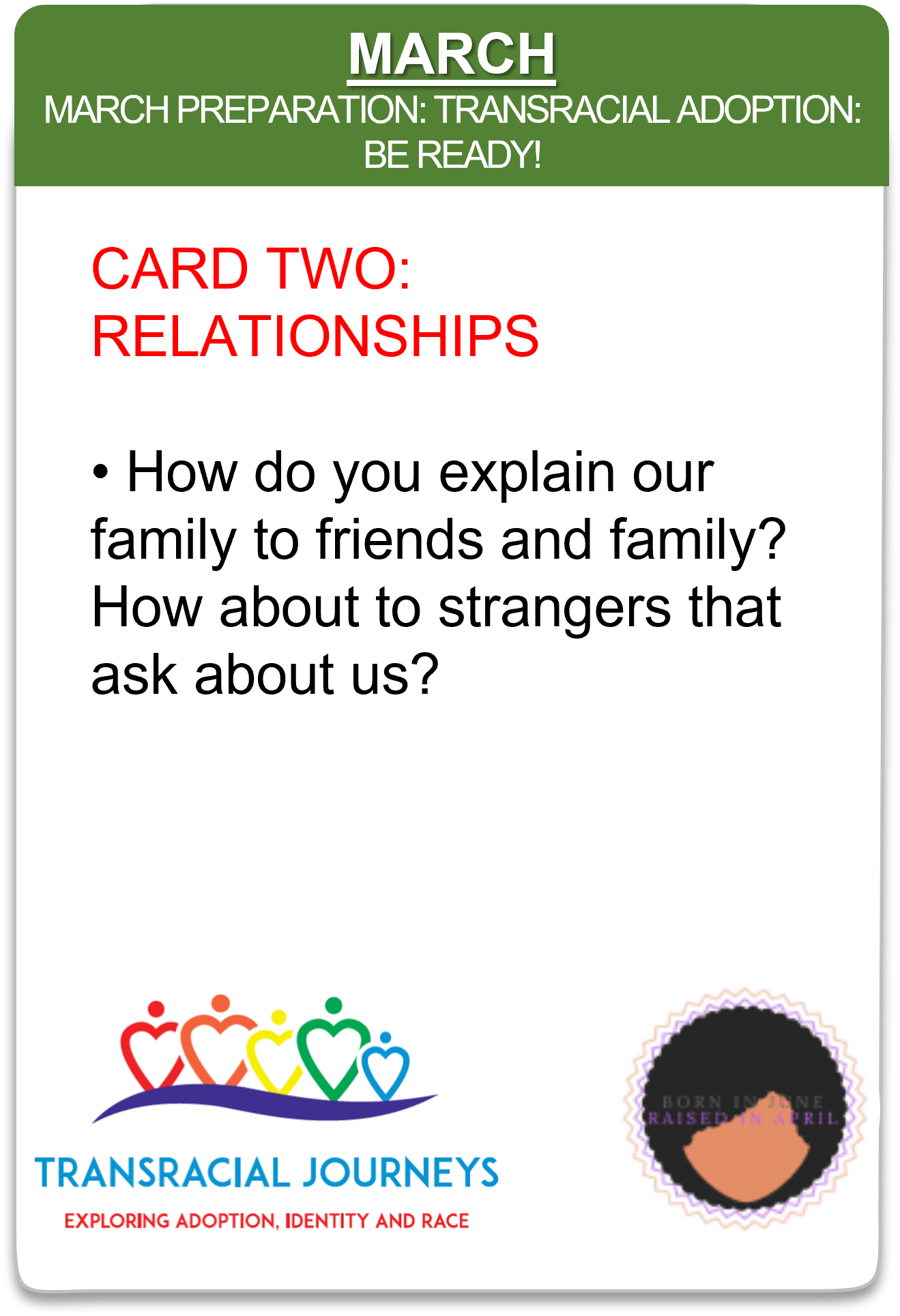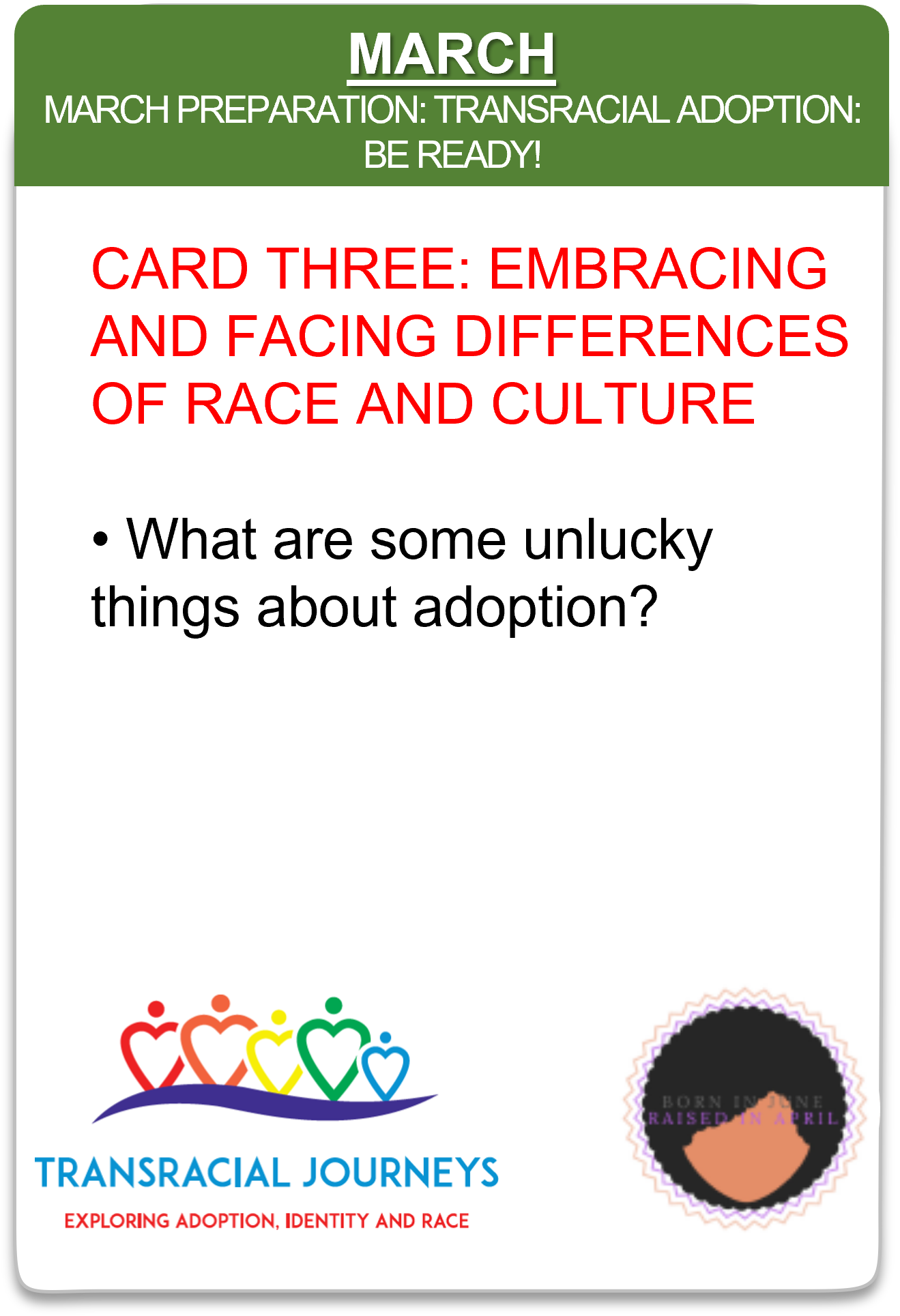It’s May! Our nurseries are bustling with customers searching for that “ just right“ plant to gift that special someone on Mothers’ Day*. Yours truly has also been searching for some “just right” inspiration for this month’s newsletter. Serendipitously, I came across this quote from Maya Angelou:
“I’m grateful to intelligent people. That doesn’t mean educated. That doesn’t mean intellectual. I mean really intelligent. What black old people used to call ‘mother wit’... intelligence that you had in your mother’s womb. That’s what you rely on. You know what’s right to do.”
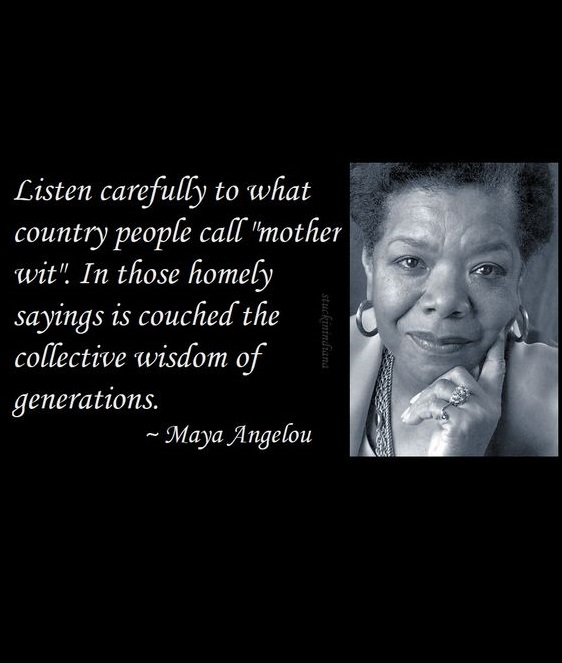
What is Mother Wit?
What is Mother Wit I ask, as I sit with April’s cards for the month of May spread before me? Why is this concept reverberating with me? Could Mother Wit help me embrace or face differences of race or culture? I ask myself, “what intelligence or wisdom do I draw from to be a loving, supportive and woke mother to my children?” This is a deep dig for me as much of my mothering journey had been traveled without any peers until I found my community in you, Dear Reader.
In the Encyclopedia of Motherhood, Mother Wit is “... the wisdom women develop based on their lived experiences. It is a type of knowledge that is informed by women's common sense, relationships, informal interactions, and life lessons…In addition, it signals the intelligence and astuteness that women can have, even if they are not formally educated.” Mother wit has been a tool much relied upon to dispense “protective advice and help them [our children] avoid harm and/or learn how to care for themselves.”
In her article, “Black Women: Holding Families Down for Generations with Chewing Gum and Mother Wit,” Desiree Cooper proposes the ancestral wisdom of women in her family and community is Mother Wit. Dr. Camille Wilson writes that Mother Wit is a form of “wisdom especially revered by African American slaves because it guided, informed and inspired oppressed African American families and communities to persevere amidst the grueling physical, social and political conditions imposed by slaveholders.”
Bitter Sweetness of Mothers' Day for Some
Mothers’ Day is a bittersweet day for me. It’s not grueling and I’m not oppressed, but I do experience sadness on this particular holiday of cheery flowers and breakfasts in bed. It’s a day that’s supposed to be bold and beautiful and celebratory, and yes, it is because I love being my children’s mother. However, throughout the day (and surrounding days), I sit in the shadow of another woman’s loss and I wonder, “how is she getting through the day?” Last year, I wrote about our children and the themes of love and joy and motherhood and how they contradict a, perhaps unspoken, awareness or concern of and for their biological mother. This day could very well be oppressive or grueling for our children!
Mother Wit is an old, folkloric concept related to maternal wisdom. What does yours look like on Mothers’ Day? I don’t write about Mother Wit to appropriate it. I write to shine a light on an important part of our children’s culture and in turn, ask you to take stock of your own motherly wisdom.
I have come to rely upon the relationship and community I’ve forged with other adoptive mothers and fathers …. People like you! I look to you for back-up and moral support. I look to you when things get really tense in the world or in my family. I look to you to see reflections and resemblances of my own family. Seeing that reflection makes me breathe a little easier. I need the wisdom, community and support of you. You are how I experience and build my own Mother Wit, and I’m holding you all in my heart this Mothers’ Day.
Citation: O'Reilly, Andrea. “Mother Wit.” Encyclopedia of Motherhood, SAGE, 2010, pp. 873–874.
This post is from our May, 2022, newsletter. If you would like to get our newsletter in your inbox each month, as well as information about our annual Transracial Journeys Family Camp and our monthly Zoom call to provide support for our transracial adoption parents please subscribe.

